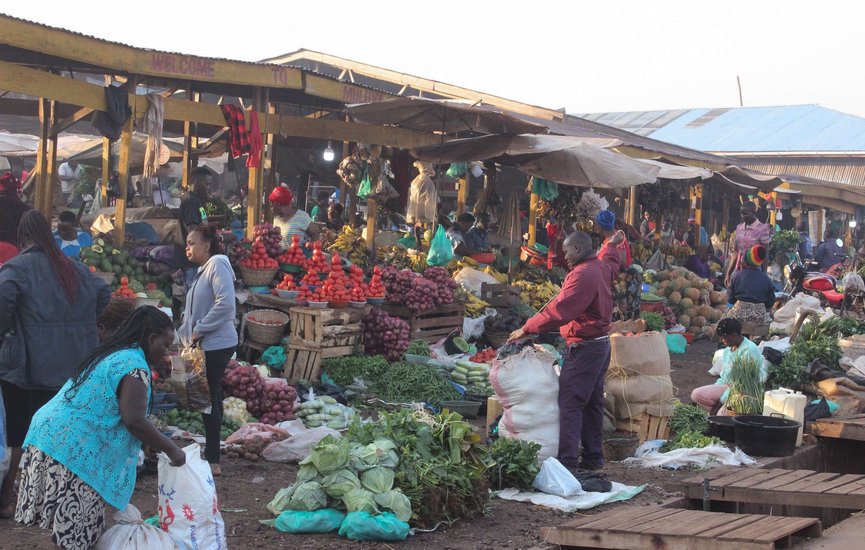The annual Rwenzori Indigenous Seed and Food Fair returned over the weekend, attracting hundreds of farmers, researchers, policymakers, civil society organizations, and private sector stakeholders to Fort Portal City. The event celebrated the region’s traditional seed varieties and food systems.
Held under the theme, "Harnessing the Potential of Indigenous Seeds and Foods in Addressing Food Security and Nutrition Challenges in the Rwenzori Sub-Region," the fair highlighted agroecology as a sustainable, culturally rooted solution to hunger, malnutrition, and environmental degradation.
Organized by Joint Effort to Save the Environment (JESE) in collaboration with members of the Rwenzori Agroecology Actors Platform (RAAP), and supported by development partners like Iles de Paix (IDP), Broederlijk Delen (BD), PELUM Uganda, and CARE International, the fair aimed to showcase the vital role that farmer-managed seed systems play in conserving agricultural biodiversity, ensuring food security, and promoting food sovereignty. “Our goal is to emphasize how indigenous seeds and food systems can address the pressing challenges of food insecurity and malnutrition,” said William Amanya, Head of Agriculture at JESE.
The fair also served as a preparatory platform for the National Agroecology Week of Action, set to take place next year in Kampala, where top exhibitors from Rwenzori will participate.
Farmers and exhibitors demonstrated the nutritional and economic value of indigenous crops like amaranth, black nightshade, spider plant, cowpeas, and finger millet—crops rich in essential nutrients such as iron, protein, and vitamins. "These crops are not just food; they are medicine," Amanya emphasized. "They offer immense potential to address malnutrition and diversify diets, especially for vulnerable groups like children and pregnant women."
Prof. Moses Muhumuza from Mountains of the Moon University praised the fair as a transformative platform for addressing both undernutrition and poverty in the region. “Indigenous knowledge and traditional food systems can drive both nutrition and economic empowerment,” he noted.
The fair also provided a platform for dialogue between local communities and government representatives. Sir Sunday Bob, Commissioner for Agroecology at the Ministry of Agriculture, Animal Industry and Fisheries (MAAIF), reaffirmed the government’s support for agroecology. "We have finalized the National Agroecology Strategy, which outlines a clear roadmap to integrate indigenous food systems into national development frameworks," Sir Sunday announced.
With alarming statistics such as 26% of Ugandan children under five being stunted, and anaemia affecting 50% of children and 25% of women, organizers stressed that now is the time to invest in agroecological solutions rooted in local traditions.
A Growing Market for Indigenous Foods
In addition to the health benefits, Amanya highlighted the growing global demand for organic and traditional foods, which could open new market opportunities for smallholder farmers in Uganda. “With the right skills in value addition and access to markets, indigenous seeds can become the foundation of profitable enterprises for rural communities,” he said.
The fair concluded with calls for stronger farmer networks, increased investment in agroecological research, and more inclusive agricultural policies that protect local seed systems and empower small-scale food producers.
